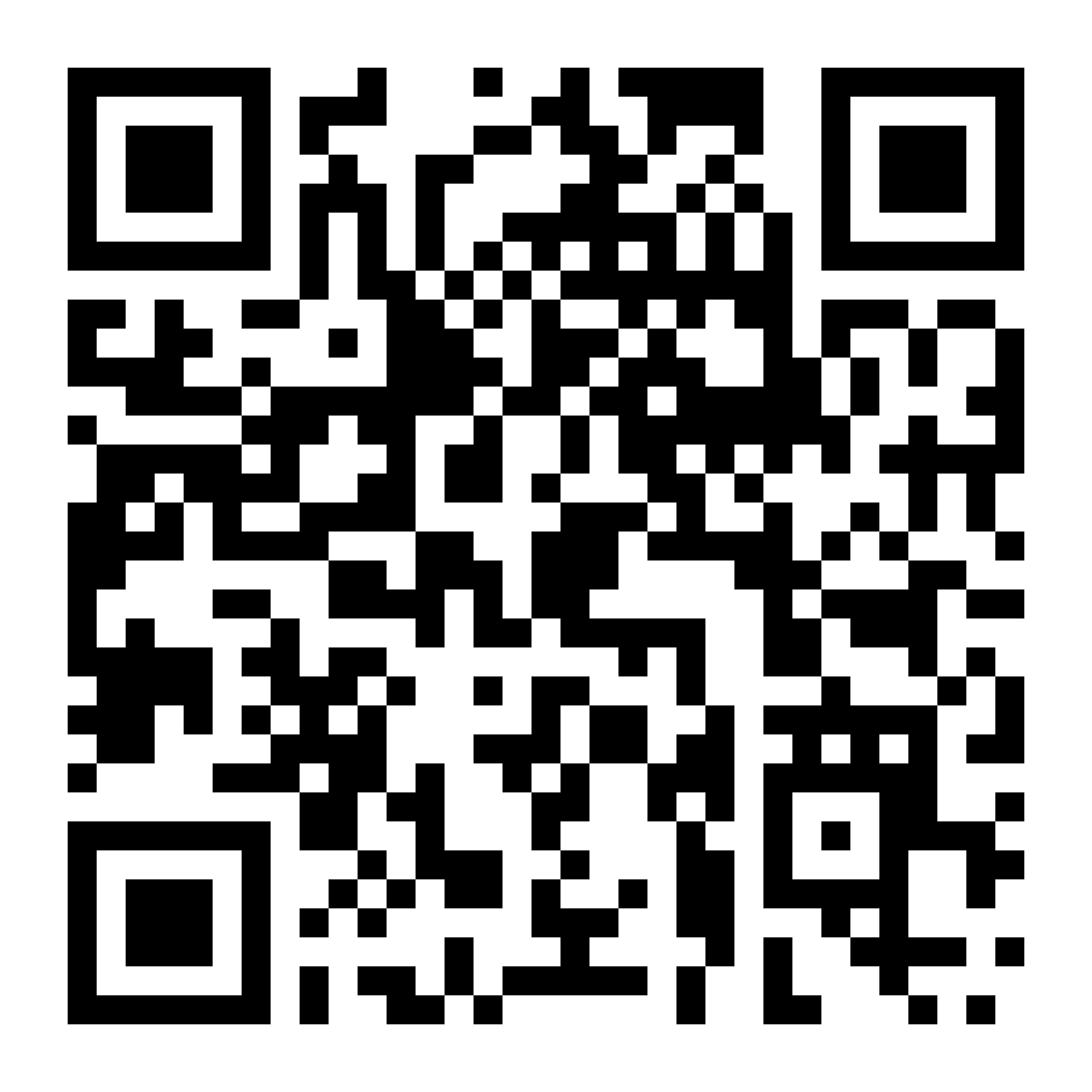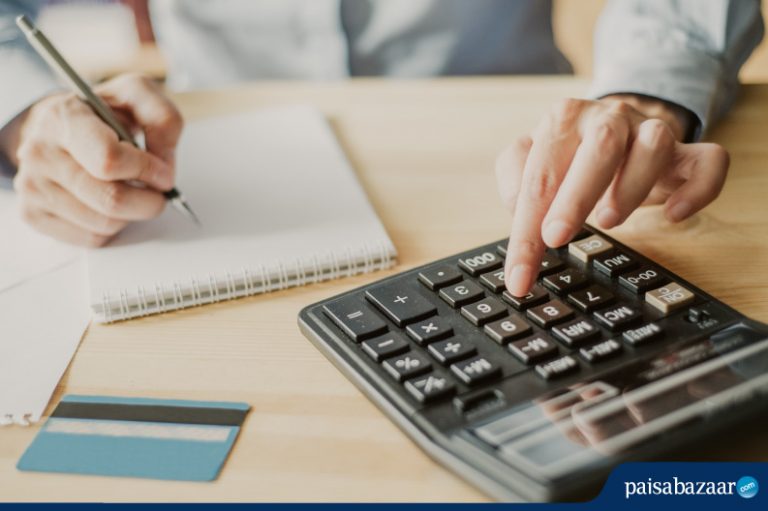Paisabazaar app Today!
Get instant access to loans, credit cards, and financial tools — all in one place
Our Advisors are available 7 days a week, 9:30 am - 6:30 pm to assist you with the best offers or help resolve any queries.
 Get the App
Get the App

Get instant access to loans, credit cards, and financial tools — all in one place

Scan to download on


All the money you borrow from a bank would attract some cost. Credit card is also a type of borrowing and it comes with fees and charges. Before getting a new credit card, you must learn about the fees and charges associated with it and the relevant terms and conditions. The cost of your credit card depends on your credit card issuer and your chosen card variant. Here we will discuss certain situations under which these additional fees and charges may add up.
If you get a credit card and don’t use it at all, then you would only have to pay the annual fee. It is the maintenance charge for the credit card. The fee will vary depending on the card variant.
The annual fee will be applicable whether you use the card or not. In order to avoid paying the annual fee at all, you should go for a zero annual fee credit card.
When you get your credit card statement, you can see a minimum amount due and a total due. Ideally, you should pay the total due. But if you cannot afford to pay the total outstanding amount, your issuer allows you to pay a small portion of the total due (generally 2-3%), known as the minimum amount due. If you make the minimum payment on or before the due date, no late payment fee will be charged. However, the remaining amount will attract finance charges.
If you cannot afford to pay even the minimum amount due on time, then you would also have to pay the late payment fee along with the finance charges. Late payment charges vary on the basis of the amount that stands outstanding in your account. For example, if the outstanding amount is below Rs.1,000 you may have to pay only Rs.100 as the late payment fee but if the total due is between Rs.1,000 and Rs.5,000, the fee may go up to Rs.300. The finance charge will also be levied on the unpaid amount thus adding to the cost of your credit card.
Banks allow a cash limit on the card which is generally 20% of the total available credit limit. You can withdraw cash up to this limit from an ATM. However, there is always a cash advance fee which is charged as a percentage of the amount withdrawn. Also, cash withdrawals are not eligible for the interest-free period which means that it attracts finance charges right from the day of withdrawal which makes cash advances a costly transaction.
Must Read: Reasons Why You Should Avoid Credit Card Cash Advance
Though only a few banks allow you to make a purchase that goes above your credit limit, all of them have defined an over-limit fee. This fee is charged as a percentage of the amount by which you exceed your limit, subject to a minimum fee of say Rs.500. So, in case you spend beyond your limit, you will have to pay hefty charges for the same.
Using your credit card outside the country also attracts charges. This is known as the foreign exchange markup fee. Whenever you swipe the card in an international location or use it for payment in foreign currency, the bank will convert the value into Indian Rupee and charge it to your account. In addition to this, you will also have to pay a markup fee which ranges from 1.5% to 3.5% of the transaction amount. This is why if you are planning to use a card extensively for foreign purchases, a low forex markup fee should be a major consideration.
Suggested Read: A Complete Guide to Travelling Abroad with Your Credit Card
Apart from the above common scenarios, other fees and charges may also be levied by the banks. These charges may include:
Now that you are aware of the fees and charges that credit cards entail, you can make wiser use of your credit card to avoid unnecessary charges. For instance, you can use a card with a low forex markup fee if you are going abroad. You can also save a lot by not withdrawing money from ATM using your credit card.
To get a better understanding, you should read your credit card statement every month. This will also help you detect any fraudulent transactions or any possible billing errors.